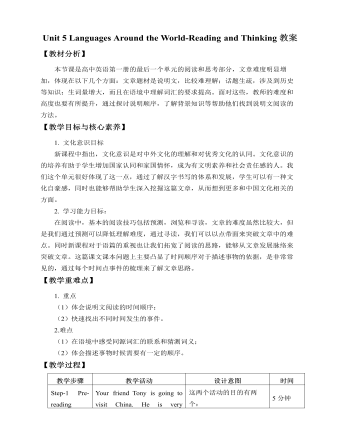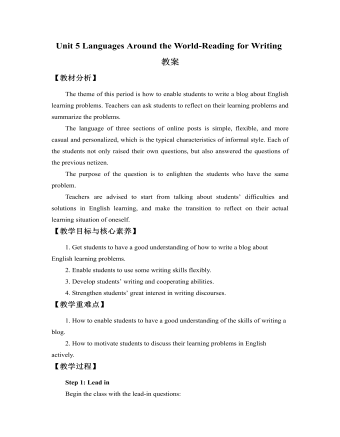人教版高中英语必修1English around the world说课稿
-
- 页数:7页
- 字数:约 12972 字
- 大小:56.89KB
- 格式:.docx
- 版本:Office2016及以上版本
- 作者:Murphy
English around the world说课稿
The Second Period
This is the second period of this unit which focuseson language. In this period, several exercisesabout language on the textbook will be dealt with. Some important
language points in the warming up and reading willbe explained in detail.

Language is the part which is tested much inany examination. Instead of rememberingwords and phrases inflexibly ,using them correctly should be the target. So this period should be taught with thispurpose
At the beginning of the lesson, homework will bechecked. After that, students arerequired to recall the information on the content of the passage. By doing so, students can get more chances topractice their spoken language. Then theexercises on language will be dealt with. In this part, students are expected to learn touse the words and phrases in the warming-up and comprehending. There are various types of exercises on words andexpressions. Besides, there is an exercise about prepositions in Am. Englishand Br. English. And it offers a listening practice on differences between Am. Englishand Br. English.
To let students master words and phrases better,I1l present more detailed explanations about how to use them in practice by offeringsome examples. After that, students should practise using them by making up sentences.With this method, students can master the words and phrases better.
●三维目标
1. Knowledge:
Do some exercises to master words and phrases.
2. Ability:
Learn to use these words and phrases in daily life.
3. Emotion:
Train students perseverance and patience by rememberingnew words and phrases.
●教学重点
Explanation of words and phrases and practise usingthem.
●教学难点
How to let student master them well.
●教具准备
slides
●教学过程
Step 1 Greetings and revision
Greet the whole class as usual.
T:Yesterday we learnt a passage and I asked youto finish the comprehending
exercises. Who can tell me the answer?
S:A,D,C,D,B
T:Great!Now who can retell the content of the passageto us?
S: Let me try. English is used more and more today. The number of the people speaking
it is in ereasing rapidly. China has the biggestnumber of English speakers. However, even two native speakers do not speak the sameEnglish because there are many kinds of English. That is caused by communicationof culture. So actually even they can notunderstand everything they say. Besides being spoken as the native tongue, Englishis also used as a foreign or 2nd language in many other countries. In a word, it is more and more important.
Step 2 Learning about language
T:You did such a good job. You have mastered thetext quite well. This period we will try to master the useful words and expressionsin the first period. First lets do exercise1 in the part of learning about language. Please read the word or phrase and thenmatch it with the right meaning.
(Suggested answer:CD E FABJGIH)
T:Keep these words in mind. And then choosesome of them to fill in the blanks in exercise 2.
(suggested answer: native, actually, vocabulary,apartment,elevator)
T:Now we ll turn to a difficult one. Youshould fill in the blanks using the words from warming up and reading. At thesame time, you d better pay attention to the forms of the words.
(Suggested answer: includes; culture; present;Actually;phrases; gas;international; rapidly; Actually; government)
T: Well done!As we all know, therere somedifferences between British Englishand American English. Can you give me some examples?
S:(Ss can present their report on their researchyesterday)
Suggested examples about differences between Am.English and Br. English inspelling:
American English
British English
neighborhood
neighbourhood
labor
labour
color
colour
honorable
honourable
humor
humour
favorite
favourite
theater
theatre
kilometer
klonetre
meter
metre
sonber
sombre
center
centre
traveling
travelling
labeling
labelling
canceling
cancelling
controled
controlled
license
licence
offense
offence
practice
practise
defense
defence
organization
organisation
T:Sometimes, they even use different prepositions.Lets move to exercise 4.
(Suggested answers: In Am. English; on; on; of;on; from; on; In Br. English: in;at; to; into; at)
T:Excellent. Just now you said that British and AmericanEnglish use different words to express the same meaning. Lets move to exercise5 and find out the different words that mean the same.
S: sweets and candy; lorry and truck; autumn andfall
T:So nice!Now please practise reading them in pairs,paying attention to the sentence stress and intonation.
(Practice reading for a few minutes. )
Step 3 Language points
T:Then Ill explain some useful words and expressionsin warming-up and comprehending to you.
1. include v. (never progressive) if one thing includesanother, it has the 2nd
thing as one of its parts. 包含,包括
e. g. Theprice includes dinner, beds, and breakfast.
Durable goods includes such items as cars computersand electrical appliances. including prep.
Included adj. (never before nouns)
The bill came to $450, including tax.
The bill came to $450, tax included.
contain v. (never progressive) if sth. contain sth, else, it has that thing inside,it or as part of it.包含;含有;容纳
e. g. This drink doesnt contain any alcohol.
There were four or five books containing toysand books.
The information you need is contained in this report.
container n. 容器,集装箱
2. play a role 扮演;起作用
play (a role/part) as. . . in. . . 在…… 中扮演……
e. g. Monitor plays an important role inmanaging a class.
The role he played as a hero in that movie wonhim many prizes.
3. the number of. . . ……的数量(谓语动词为单数形式)
a number of. . . 大量的;修饰可数名词
The number of homeless people has increased.
Huge numbers of animals have died.
A large number of problems have been raised.
表示“许多”的词语归纳
①只能修饰可数名词的有
many,a good/great many,a (large/great) number of,many a(+n)
②只能修饰不可数名词的有
much, a great/good deal of, a great amount of
③ 可数和不可数均可修饰的有
a lot of, lots of, plenty of, a large/great quantityof; quantities of
4. even if
Even though 即使
He didn t take her advice, even though he knewit to be true.
Even though he has got a good job, he stillwants to look for a better one.
5. not everything
not 与 every, each, both,all, everything, everybody 等连用为部分否定,全部否定用no one, none, neither, nothing, nobody, notany等。
e. g. Not every student enjoys playing football.
→Every student doesn t enjoy playing football.
→Some students enjoy playing football while othersnot.
No student enjoys playing footbal1.
6. come up (to):(1) move toward 走到跟前,走近 (2)to appear above the soil破土而出 (3)被提出,被讨论
e. g. Strangers come up to him and say how muchhis books are.
The subject came up in the conversation.
→Someone came up with the subject in the conversation.
The seeds are just beginning to come up.
7. communicate: vt. &vi. (1)传达:通知;communicate+n(to sb.) (2)communicate with 与某人联系或交流
e. g. He communicated his intention to me.
We communicate with each other by letter.
8. base vt. base sth. on/upon sth. 以……为基础
What are you basing this theory on?
The movie is based on a real story.
Please write a new story based on the plots of themovie.
9. rule:(1)v. control 控制,管理 (2)n. 规章,条例 (3)习惯,常规 (4)规则,
定律 (5)统治,控制,管理
e. g. She once ruled over a vast empire.
Our country is developing fast under the rule ofthe Party. to follow/obey/break a rule
I go to bed early as a rule. the rules of grammer
10. become closer to
close to: 接近,靠近;几乎
e. g. Our house is close to the bus stop.
Go further away!You are too close to me.
Come closer to me.
It is close to 6 o clock.
The car came close to killing the granny.
closely adv. 紧密地;密切地
I sat and watched everyone very closely.
He walked into the room, closely followed by therest of the family.
11. make (good/full/no. . . ) use of 使用,利用
e. g. We could make good better use of our resources.
Every minute should be made use of to study more.
12. 0nly time will tell.
tell:know or judge 知道;判断
e. g. Its hard to tell whether hes telling thetruth.
Time will tell whether he is faithful to you.
tell A from B区分,辨别
e. g. Can you tell Tom from his twin brother?
13. one another互相,通常为三者或三者以上之间的互相;each other 两者之间的互相
e. g. I think weve learned a lot about one anotherthis term.
The couple loved each other deeply.
14. because of 为介词词组,后跟名词性词组
because 为连词,后跟从句
e. g. We went by bus because it is cheaper.
The first game of the season was canceledbecause of the snow.
It is really a useful book because it explains everythingvery clearly.
Because of the Asian crisis, the companys profitfall by 15% during 1997.
15. such as 例如,用来列举事物。一般列举几个例子。插在被列举的事物与前面的名词之间。as后不可有逗号。 for example 例如,用来列举说明某一论点或情况。一般只列举一个为例,作插入语,可位于句首、句中或句末。
e. g. For example, air is invisible.
Ball games, for example, have spread around theworld.
His spelling is terrible!Look at the word for example.
I like drinks such as tea and coffee.
16. present
(1)adj. 现在的;出席的;到场的;出现的
e. g. in the present situation 在目前形势下
at the present time 目前
be present at. . . 出席…… ;在场
be present in (物质)存在于……
Most fathers wish to be present at the birth oftheir child.
大部分父亲都希望孩子出生时自己在场。
There are about 200 people present at the meeting.
大约200人出席了会议。
Levels of pollution present in the atmosphere areincreasing.
大气中的污染程度正在加深。
注:表示“出席的,到场的”时,不作前置定语。
All the guests present at my birthday party aremy good friends.
(2)n. 礼物;礼品:目前;现在
e. g. birthday/Christmas/wedding present
(3)v. 给:提出;展现,显现
present sb. with sth. ; present sth. to sb. 把. . 交给;颁发;授予
present sth. (for sth. )/present sth. to sb.
e. g. Om his birthday, his friends presented hima collection of stamps.
在他生日时,他的朋友们送给他一套邮票作为礼物。
The sword was presented by the family to the museum.
这家人把宝剑捐赠给了博物馆。
The committee will present the final report to Parliamentin June.
委员会将在六月向议会提交最后的报告。
You need to present yourself better.
你需要更善于展现自己。
It is essential that we present a united front.
至关重要的是我们要表现得更加团结。
您可能喜欢的文档
查看更多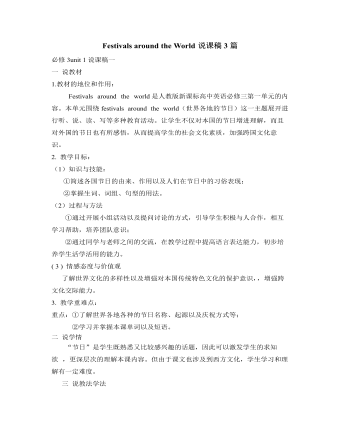
人教版高中英语必修3Festivals around the World说课稿3篇
- 页数:8页
- |大小:81.00KB
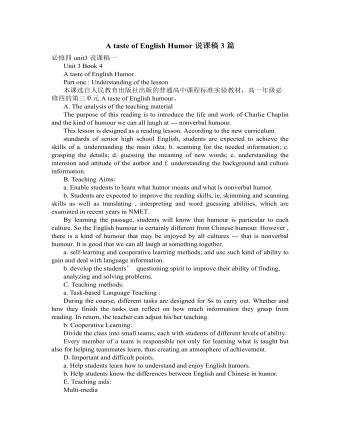
人教版高中英语必修4A taste of English Humor说课稿3篇
- 页数:10页
- |大小:146.50KB
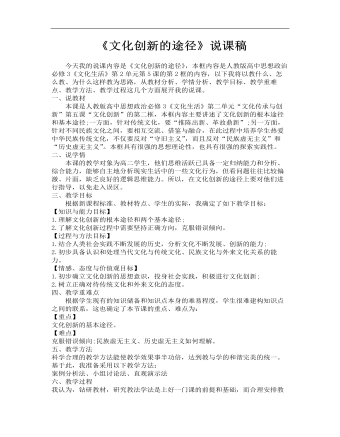
高中思想政治人教版必修三《文化创新的途径》说课稿
- 页数:4页
- |大小:33.63KB
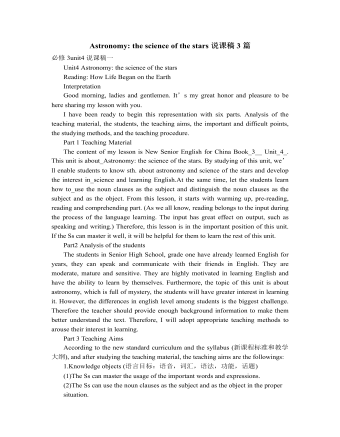
人教版高中英语必修3Astronomy the science of the stars说课稿3篇
- 页数:10页
- |大小:96.50KB
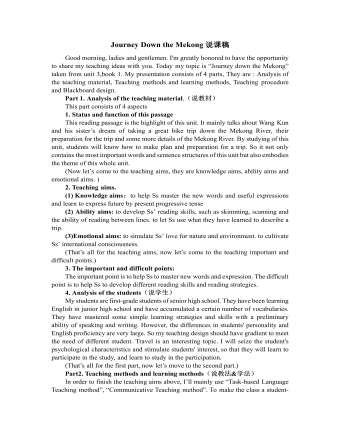
人教版高中英语必修1Journey Down the Mekong说课稿
- 页数:4页
- |大小:37.65KB
热门说课稿
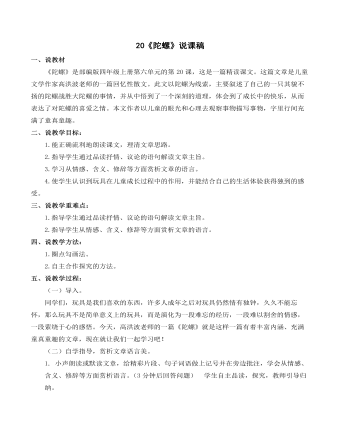
《陀螺》说课稿
- 页数:4页
- |大小:39.00KB
- 说课稿
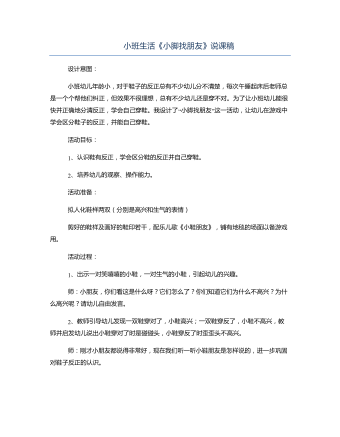
小班生活《小脚找朋友》说课稿
- 页数:2页
- |大小:33.31KB
- 说课稿
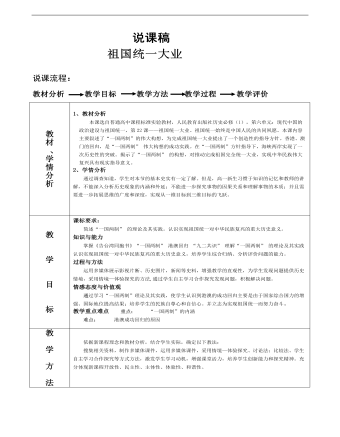
高中历史人教版必修一《第22课祖国统一大业》说课稿
- 页数:3页
- |大小:46.07KB
- 说课稿
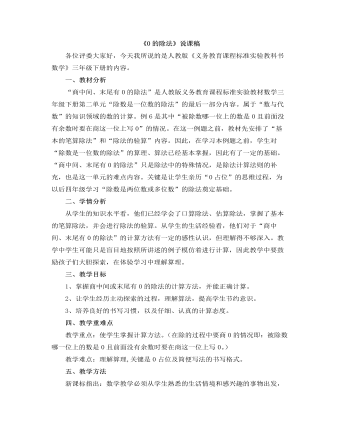
小学数学人教版三年级下册《0的除法》说课稿
- 页数:6页
- |大小:34.92KB
- 说课稿
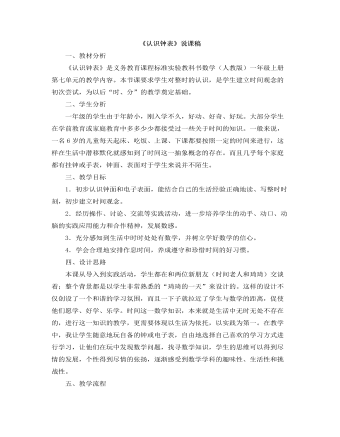
小学数学人教版一年级上册《认识钟表》说课稿
- 页数:4页
- |大小:24.27KB
- 说课稿
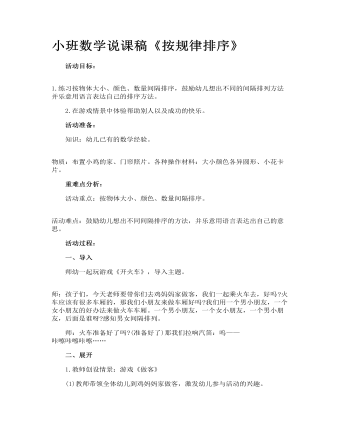
小班数学说课稿《按规律排序》
- 页数:5页
- |大小:92.24KB
- 说课稿
今日更新

精选高中生期末评语
- 页数:42页
- |大小:7M
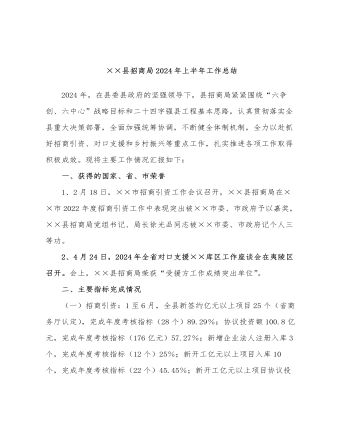
××县招商局2024年上半年工作总结
- 页数:12页
- |大小:142.54KB
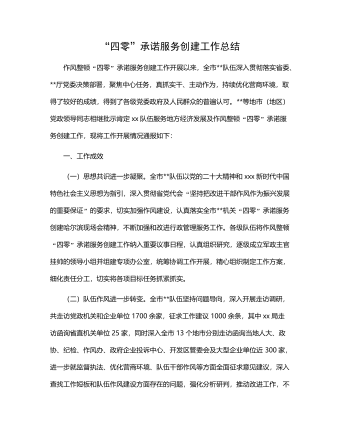
“四零”承诺服务创建工作总结
- 页数:5页
- |大小:39.83KB
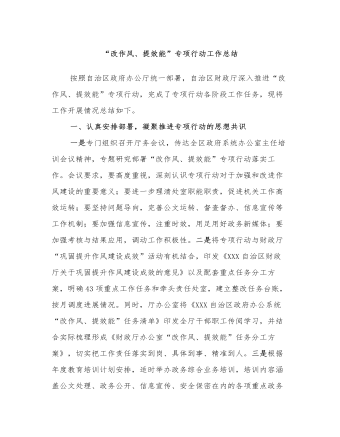
“改作风、提效能”专项行动工作总结
- 页数:6页
- |大小:139.05KB
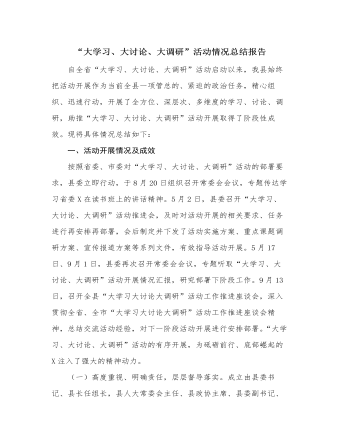
“大学习、大讨论、大调研”活动情况总结报告
- 页数:7页
- |大小:26.12KB
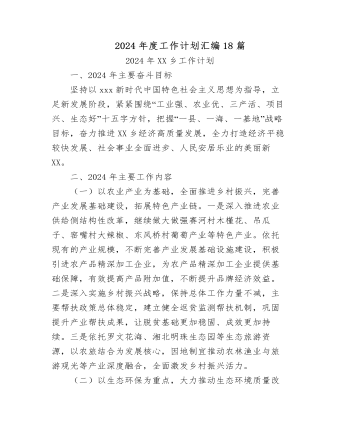
2024年度工作计划汇编(18篇)
- 页数:72页
- |大小:196.93KB
